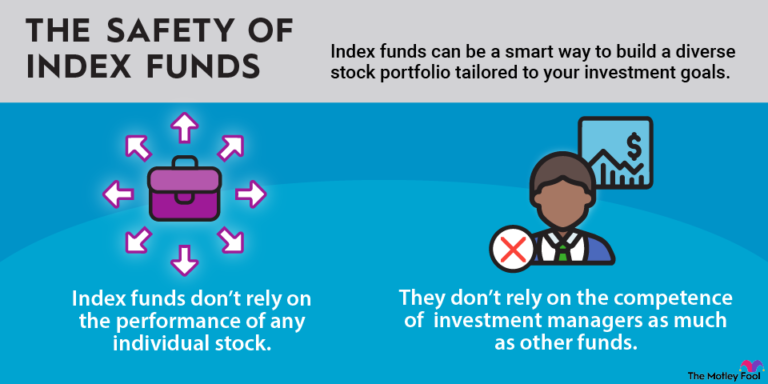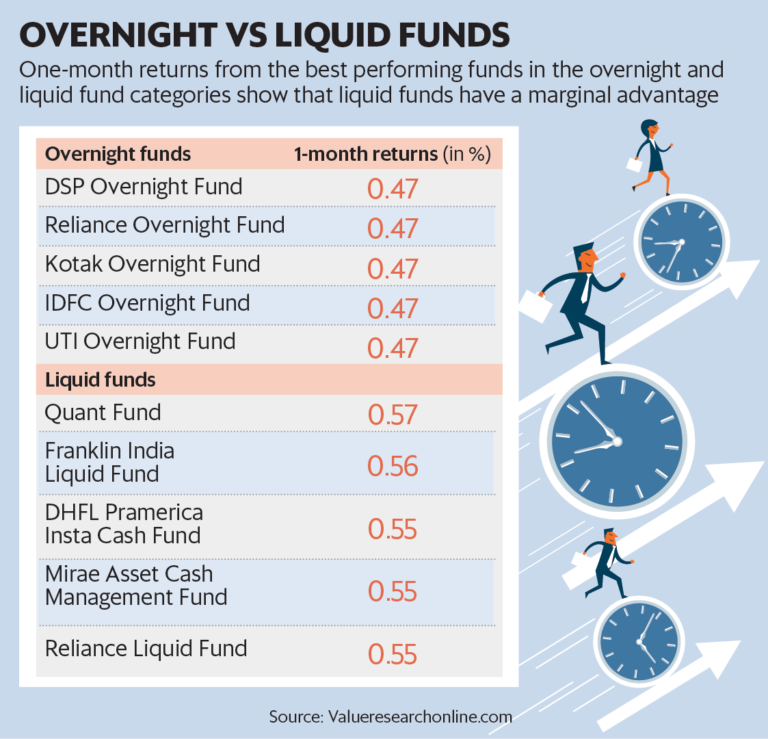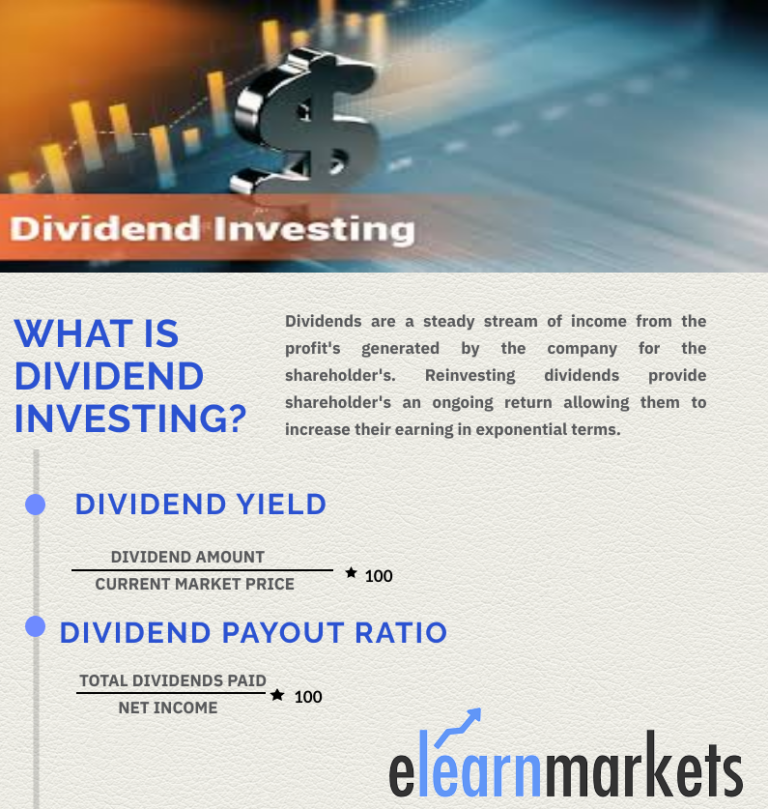How to Invest in Unlisted Shares in India
Introduction
Investing in publicly traded corporations like the State Bank of India and Reliance Industries is pretty common. However, there are alternative methods to invest in unlisted businesses, which are expanding quickly and might offer lucrative profits. Get startup shares pre-IPO to get these amazing gains and profits.
Shares of unlisted firms cannot be traded on any stock markets, unlike those of listed companies.
But don’t worry!
In this Article, I will show you how to Invest in unlisted shares in India.
Flipkart, Byjus, Delhivery, Phonepe, and Ola are market leaders in valuations, the number of services and items offered, or market reach. In fact, several of them are growing much faster than the ones on the list.
The procedure of investment in unlisted companies is a little challenging but straightforward. All you need is a keen eye for detail when selecting these solutions. It’s not as difficult as you may think. Please allow us to assist you in dispelling the mystery of purchasing unlisted shares.
Difference b/w delisted shares and unlisted shares
It is essential to know the difference between unlisted and delisted shares. Well, the fact is that these two different share classes cannot be compared. Delisted shares were once listed but removed from the category of listed shares for various reasons. Unlisted shares are those that have not yet been listed on stock exchanges.
On OTC marketplaces, you can trade and invest in unlisted shares but not in any delisted shares. Shares delisted cannot be purchased on any platform, including OTC.
But do you know what the OTC marketplace is?
An over-the-counter market is a marketplace where securities trade is not listed on major exchanges in the United States. Without using a central exchange or broker, market participants can trade stocks, commodities, currencies, or other financial instruments directly between two parties in a decentralized market known as an OTC market. Since there are no physical sites for over-the-counter markets, trading is conducted online. Comparing this to an auction market structure is completely different.
Companies may have unlisted shares if they do not intend to make an initial public offering (IPO) or if they do not satisfy SEBI’s criteria for listing the shares on any stock market, such as the NSE or BSE.
On the other hand, firms have delisted shares when they don’t follow any disclosure rules established by SEBI and stock exchanges. In this case, they are removed from stock exchanges, and the other reason is when the management of the company wishes to remove the company from the stock market.
Also Read: How to Invest in Startups Online (Become Angel Investor)
Here are the ways through which you can become an impeccable investor by investing in unlisted shares :
Pre-IPO investment
Before the company’s initial public offering (IPO), buying and selling company shares is referred to as pre-IPO trading. You cannot purchase these shares on the market like a stock exchange because they are not traded in the open market.
Unlisted shares can be purchased through brokers and platforms that are experts in finding and placing unlisted shares and can help with the trade. Platforms and intermediaries buy startup shares from investors, both existing investors and eager new investors, as well as from employees who have employee stock options (ESOP).
The pre-IPO market has expanded recently and is now accessible to the general public. Some websites allow investors to purchase unlisted shares from companies, including Analah Capital, TradeUnlisted, and Unlistedkart. In a demat account, shares of these unlisted companies will be kept.
According to Unlistedkart, the minimum value can range from Rs. 25,000 to Rs.50,000, depending on the unlisted share. Other investment platforms have not referred to the minimum investment requirement.
All pre-IPO shares are restricted for six months following the date of listing, following the regulations of India’s market regulator. It implies that you cannot sell equities before six months have passed since the listing date.
If unlisted security is sold within 24 months, it is categorized under short-term investments. The gains are included in the person’s income and taxed at the corresponding tax slab rate. Additionally, following indexation, it is taxed as long-term capital gains at 20% if sold after 24 months.
However, keep in mind that unlisted shares are unstable and illiquid, so you might not be able to sell your shares quickly. It is challenging to sell shares and obtain cash at any hour of the day because institutional players dominate the pre-IPO market, and their transactions are typically sluggish.
Pre-IPO funds
Investors invest in pre-IPO funds to access some of the best businesses quickly. Among the wealth management companies which provide funds that invest in pre-IPO businesses are Edelweiss Wealth Management, Kotak Investment Advisors, Trifecta Capital, and IIFL Wealth.
According to reports, the Edelweiss Recently Listed IPO Fund has produced a compound annual growth rate (CAGR) of 21.7% since its inception. The fund invests in up to 100 recently listed companies and upcoming IPOs.
Due to the volatility and illiquidity of unlisted companies, a retail investor should only invest their excess funds in them. In this sense, it shouldn’t matter to you whether you lose this money.
Private Placements
The sale of securities to a specified group of private investors to raise money is referred to as a “private placement.” Some examples of private investors include banks, insurance corporations, mutual fund investors, etc.
One can directly invest in private placements from the security issuer during the Offering period or through a FINRA-registered broker-dealer acting as a Placement Agent.
All individuals whose names are recorded by the company before sending them the invitation to subscribe get access to Private Placement offers. The companies maintain a complete record of the persons whose names are recorded in the private Placement offers in Form-PAS5.
A real estate agent, money manager, or investment bank may be able to help you determine the pricing and valuation of an unlisted company. It is an additional option. They might also be able to connect you with corporate promoters. You will then be able to buy a portion of the shares that they now own. One option to buy startup shares from the promoters is through private placements.
PMS and AIF funds
Investments in unlisted equities can also be made via portfolio management systems (PMS). These customized share portfolios can assist you with risk diversification by altering the weights of various assets within a portfolio in response to market sentiment.
Additionally, investors can target their capital toward unlisted shares by investing through Alternative Investment Funds (AIFs). Keep things simple in your mind. A preliminary investment of 1 crore is required for the AIF, compared to 50 lakhs for the PMS.
While PMS enables the investor to actively monitor their individualized portfolio to track trends and maximize profits, AIF provides an outlet for investors to pool funds with the option to invest in derivatives, public & unlisted equity shares, real estate, hedge funds, etc. Since AIFs and PMS are high-risk, high-reward securities, having a top-notch management staff is essential.
Some of the best AIF funds include:
- Angel Funds
- Venture Capital Funds
- Social Venture Funds
- Angel Funds
Listed below are some of the PMS funds:
- Unifi Blended Rangoli Fund PMS
- White Oak India Equity Fund
- Helios India Rising
- ASK India Select
- ASK India Entrepreneur Portfolio
Best practices to follow as an investor to choose these funds –
- You need to check to see if the firm you invest in is listed on the Register of Companies. Checking with the Registrar of Companies will enable you to achieve this.
- The company should be reputable. Numerous corporations with similar business models have been registered. Choose wisely.
- Consider it carefully if someone is offering you a far too high return. It usually isn’t worth anything if it seems too good to be true, so don’t be fooled.
- Analyze the foundations of the business. Verify whether the business routinely makes a profit or, at the absolute least, does not lose money. Find out how long the company has been in business.
- Ask questions regarding its management before purchasing its unlisted shares. You must dig deeper to discover more about the management’s performance, corporate decision-making, and other factors.
- Before investing, read the prospectus if the company has already published one.
- Examine the company’s goals and how they might affect its development.
Advantages of Investing in unlisted shares
Everyone is aware of the advantages of investing in equity.
But here are some advantages of investing in unlisted shares which you might not know :
- Unlisted shares provide different risk dynamics and can benefit someone with listed share investments. They may be useful tool for portfolio diversification. Comparing the return potential of unlisted shares to that of listed shares, the former is comparable to the latter.
These equities could eventually go public, providing a significant gain when listed on stock exchanges. To invest in inexpensive stocks with high-profit growth potential, one should consider valuation criteria in addition to price, regardless of whether they are listed or unlisted shares.
- Most unlisted shares are illiquid; they can only draw a particular group of investors who are prepared to hold onto their investments for a prolonged period. The valuations are typically lower because there is less demand for these assets and fewer people want to be a part of this group.
There are numerous chances to buy an undervalued stock. To recognize these chances, though, takes some skill and understanding. It might be preferable for a beginner to use the assistance of an expert who can give the necessary direction.
- The shares are extremely illiquid; therefore, there are fewer volatility concerns. The technical term for volatility is standard deviation, which is substantially lower than the volatility of listed shares. However, if the wrong investment is made, there might be a significant downside.
Demand and supply for these stocks are not monitored daily; hence the price would not change every day. Compared to public shares, this investment will experience less financial stress thanks to the relative pricing stability.
Risk Factors Of Investing in Unlisted Shares
Everything comes with its risk factors and disadvantages. Here are the following risk factors you should acknowledge before investing in unlisted shares-
- Due to the large minimum investment amounts and absence of often transacting parties, the shares cannot be bought or traded when you want them to. Investments are made in shares that are infrequently traded.
- Because these businesses are not heavily regulated and may intentionally engage in immoral actions that, if detected, could lead to the loss of all invested assets. Investments in unlisted shares have an added risk of capital loss.
- Dividends are paid in regulated markets to shareholders who own shares of a corporation before the Record date and on the Ex-dividend date. Unlisted firms, however, surprisingly lack the concept of organized dividend delivery. They may therefore choose to forgo paying you any dividends at all.
- If you own stock in an unlisted company with the expectation that it would rise in value once it becomes public, unfortunate occurrences have caused the price to keep falling. Are you able to cancel or redeem your investment?
Also, you are required by law to retain the shares in your possession for six months.
You are considered to own 50% of a firm if you own 50 out of the total 100 shares, but what if the company wishes to raise more money by issuing 50 more shares? Since we assume you didn’t subscribe for these additional 50 shares, your ownership percentage drops from the previously computed 50% to 33.33% due to the change in the total number of shares from 100 to 150.
As a result, you might consider the risk of dilution to be a danger brought on by the issue of new stocks entering the market.
Best Platforms to Buy Unlisted Shares in India
Knowing the best platforms to buy unlisted shares in India will help immensely. So, let’s dive in to know about all the reliable platforms that aid you in buying unlisted shares in India:
1. Unlisted Zone
Unlisted Zone is one of the prominent and trusted platforms to buy unlisted shares in India. They allow investors to buy reputed unlisted stock for long-term investment. As a brand, Unlisted Zone is renowned for its credibility as investors can be assured that the price of unlisted shares they are buying is arrived to their portfolio at a fair value.
2. Unlisted assets
A safe bank escrow-based transaction, an automated transaction flow for buying and selling unlisted shares and ESOPs, and a transparent buyer-seller negotiation are all provided by India’s prominent platform for unlisted shares called Unlisted Assets.
3. Joinleadoff
From the offline web of links and references, Leadoff is moving the full procedure to a flawless digital infrastructure.
You can complete the transaction in 3 simple steps, from making the investment decision to receiving the shares:
- Browse the organization you want to invest in.
- To make an impeccable choice, use the in-platform research reports to learn more about the company you’ve chosen.
- When you purchase shares, they are added to your already-existing Demat account.
4. Tradeunlisted
In India, the Pre-IPO and Unlisted Market has been institutionalized with this platforms’ help. Tradeunlisted have now collaborated with the majority of Indian global investment managers on unlisted and pre-IPO opportunities.
5. Unlistedkart.com
Unlistedkart is a technology-first platform that creates unlisted equity markets, enabling wealth managers and investors to make money from opportunities that are still unknown to larger markets.
For most companies mentioned above, an unlisted share requires a minimum investment of Rs. 50,000.
Taxation Norms while Buying Unlisted Shares in India
Earnings from an investment in unlisted company shares are subject to taxation following the rules for short-term capital gains if we sell it within 24 months. Gains from this enhance your income, which is taxed collectively based on your tax rate.
Long-Term Capital Gains: If shares of an unlisted company are sold during 24 months period after the purchase, the gains from the investment will be subject to a 20% tax after the indexation advantage. Under this, the acquisition price of shares is adjusted based on how much inflation impacts it.
If the price of unlisted shares drops below the Fair Market Value (FMV), a concept known to unlisted firms, the cost taken into account for taxation will differ from the share’s trading price. Therefore, an authorized investment bank will determine the Fair Market Value.
Conclusion
You might believe that investing in these businesses entails a great deal of risk due to their exposure to high volatility, lack of or insufficient price discovery platforms, illiquidity, and lock-in periods. But why not view it as a learning experience and an adventurous grind? You might as well keep your money and share in their success stories than risk losing it! Get startup shares pre-IPO and make your own success story.
Be careful, though, as the risk cannot be reduced. There is no other way to hedge your positions than by engaging in specific derivatives contracts, which may once more fall outside the purview of regulated markets. Therefore, it won’t be incorrect to characterize investments in unlisted shares as having two sides.

![Best Demat Account in India [Open Demat Account Online]](https://rebelmoney.org/wp-content/uploads/2023/08/best-demat-account-in-india-open-demat-account-online.png)



